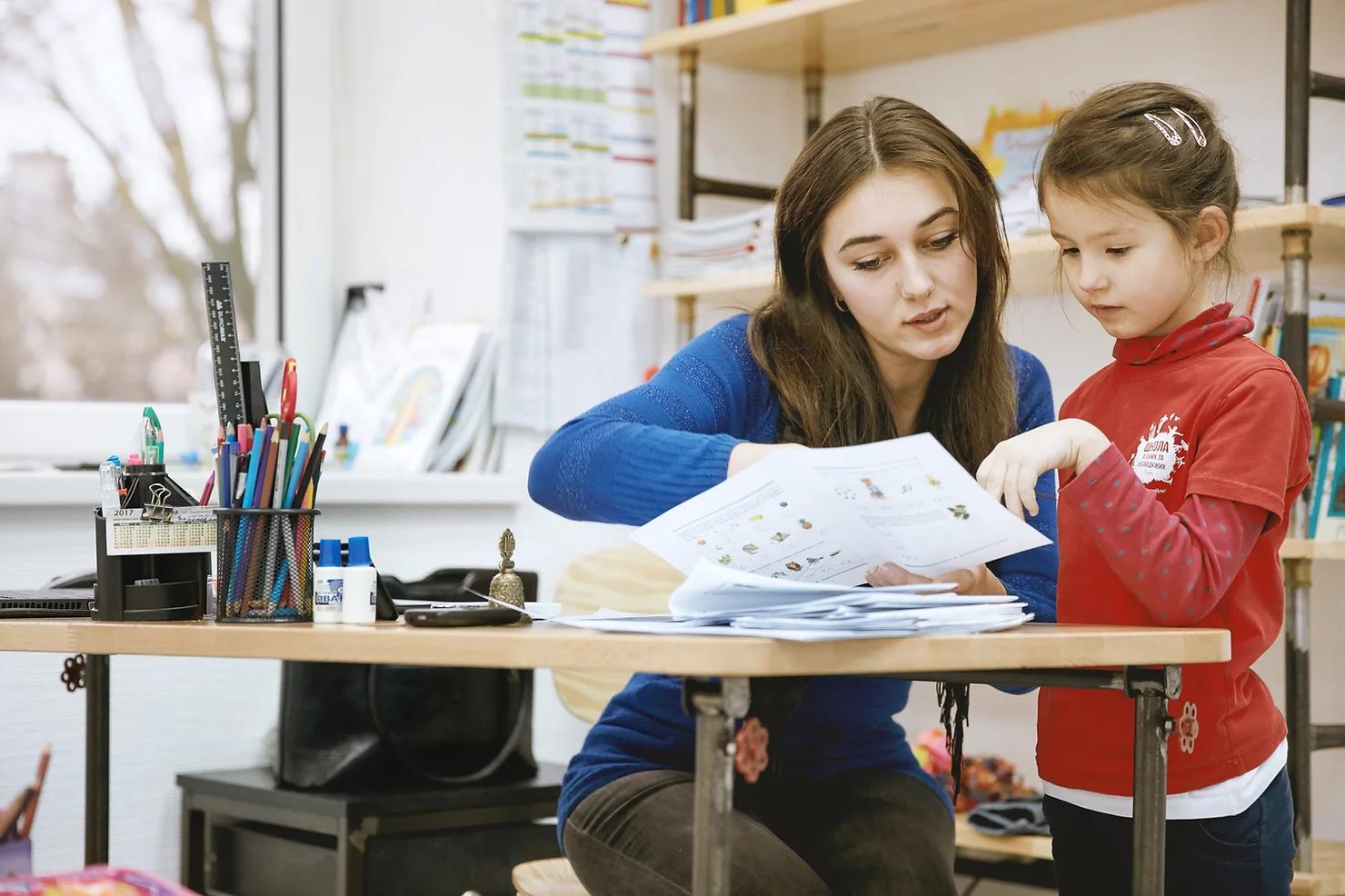
Social-Emotional Learning (SEL) is a student-centered approach that helps young people develop emotional intelligence, goal-setting, empathy, and decision-making skills. Why is SEL so important for your kid? Here are some great benefits of social-emotional learning:
1. Increases academic output
Social-emotional learning (SEL)is a way to improve students' social and emotional growth. SEL aims at increasing concentration, communication skills, creativity, problem-solving skills, self-esteem, and anxiety. Studies have shown that students with stronger social and emotional skills perform better academically. Such students feel respected by their peers and are better able to focus on their studies.
2. Increases empathy for others
Being able to relate to other people’s feelings and view things from their perspective is an essential skill for children as they navigate the relationships in their lives. Social-emotional learning helps children develop empathy for others.
Just like any other skill, empathy can be learned. But it's best developed and improved by being practiced frequently throughout childhood and adolescence.
3. Improves self-awareness and confidence
Social-emotional learning is not just about building academic skills; it's also about building a sense of well-being. Through SEL, children are able to develop a better sense of self and self-reliance. Self-awareness helps kids see their weaknesses and make the most of their strengths, while self-confidence helps them handle tough situations better.
4. Reduce stress
Social-emotional learning also reduces stress. Stress in children should never be ignored because long-term stress can hurt brain development and cause problems with learning, behavior, physical health, and mental health that last for a long time. SEL helps children improve their executive function skills, such as time management, and reduce stress.
5. Improves relationship-building skills
Social and emotional learning is a powerful tool for improving communication skills. It’s also a useful way to increase students’ ability to work in teams, so they can be more effective at school and feel more satisfied with their contribution to society.
Conclusion
Social and emotional learning is a powerful tool for teaching children how to manage their emotions and make good decisions. As parents, it's important to give kids a place where they can learn the skills they need, use their strengths, and do well in life.


